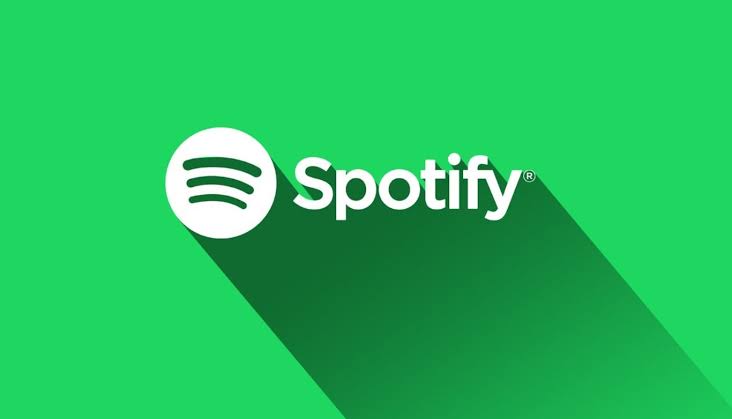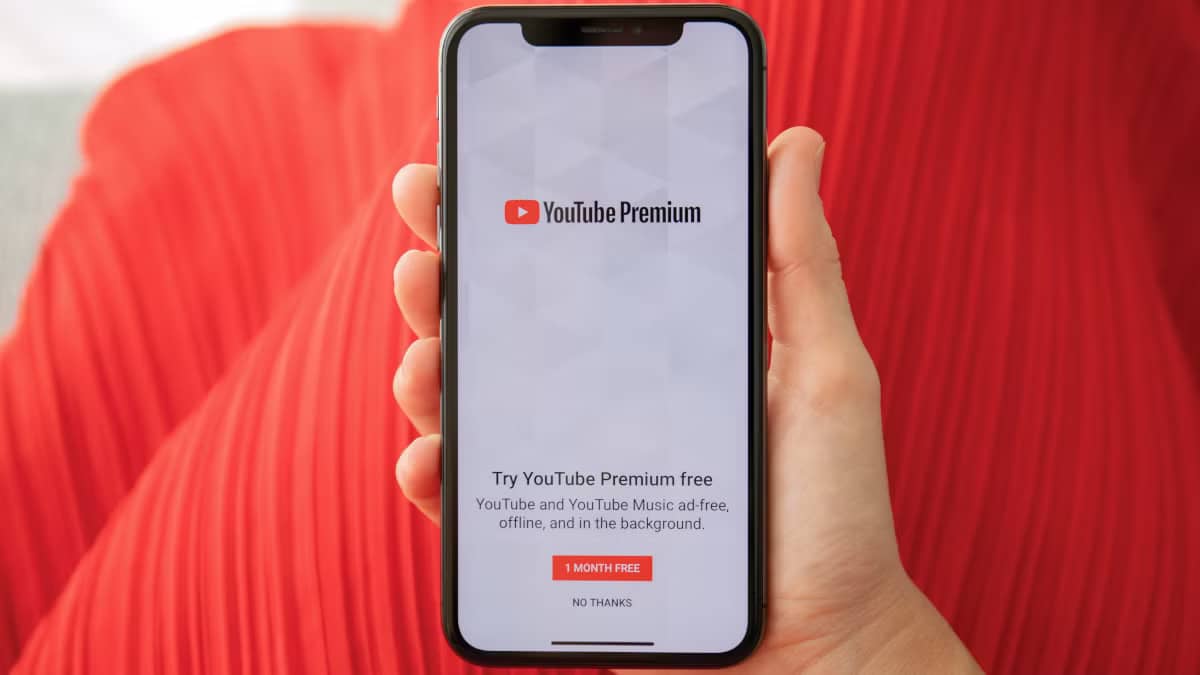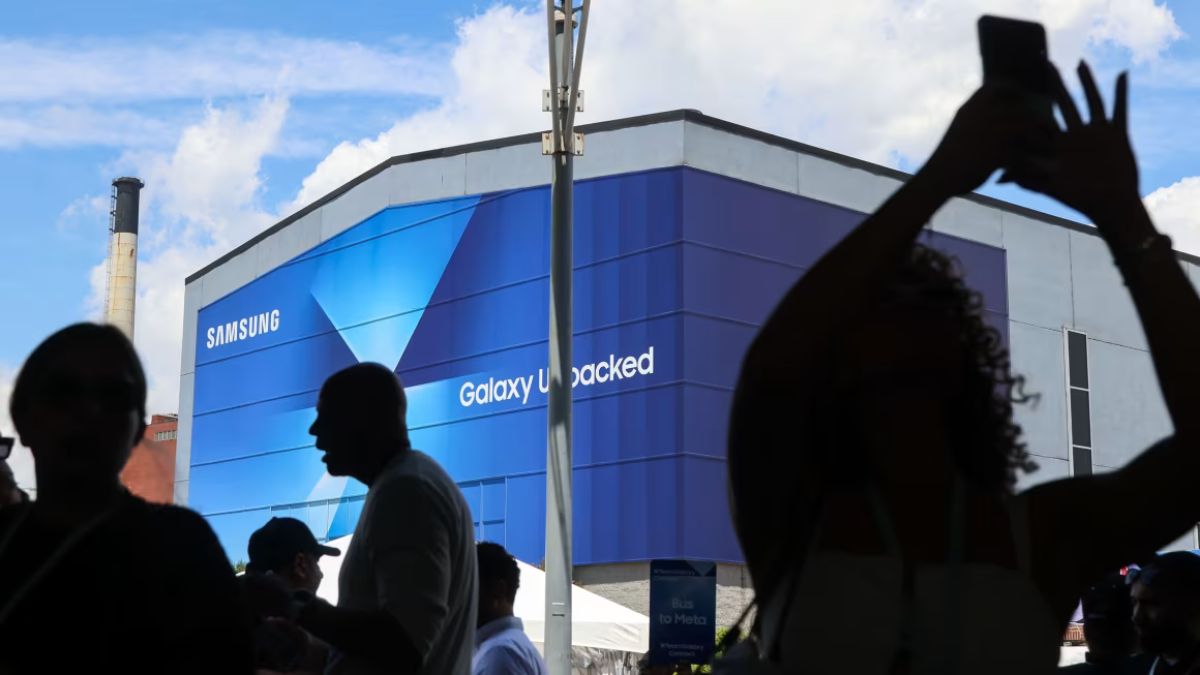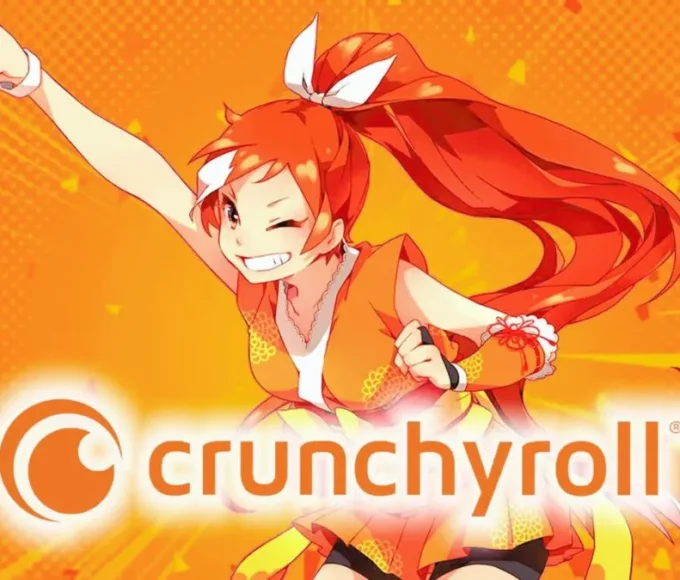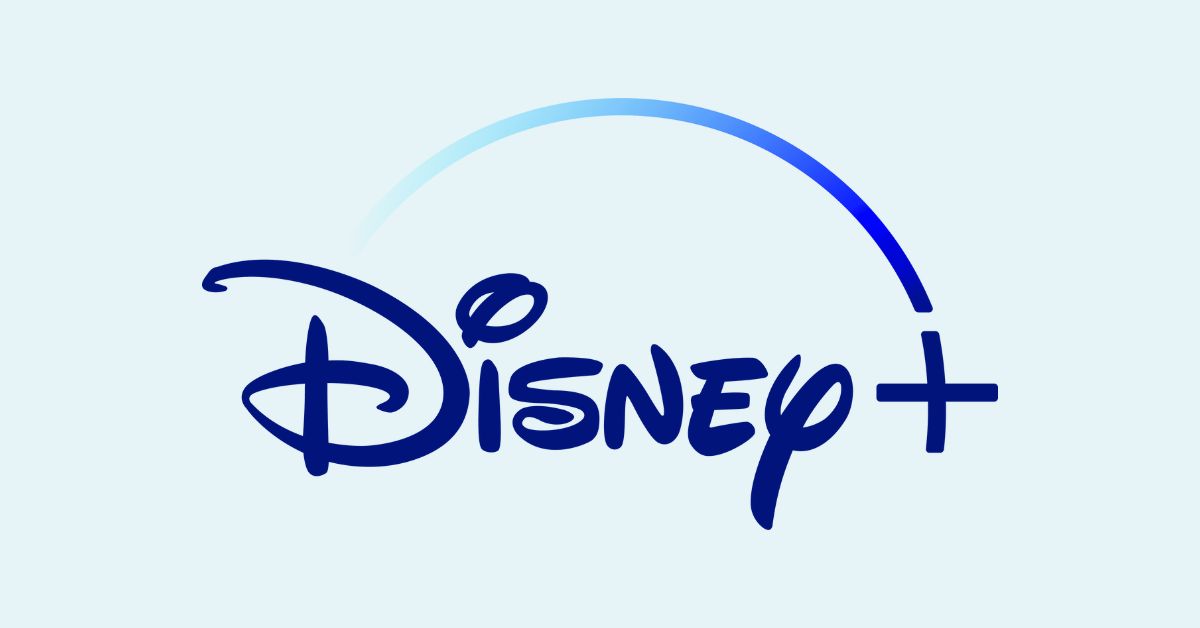A new report from Harper’s reveals that Spotify has been using a program called Perfect Fit Content (PFC) to fill some playlists with cheap, generic music, instead of promoting independent artists.
This music, often referred to as “ghost artists,” is designed to blend in as background music, like chill beats or lo-fi house tracks, and is intended to cost Spotify as little as possible.
How Does the Program Work?
Spotify’s PFC program sources music from production companies that create tracks resembling popular genres but without the need for major royalties.
These tracks are then pushed into playlists that are meant to be played in the background, such as “chill instrumental beats” or “lo-fi house.” Since these genres are often only half-listened to, Spotify can avoid paying full royalties to the musicians who made the music.
Impact on Artists and Music Discovery
The report raises concerns that Spotify’s move to promote cheaper, generic music could harm musicians, especially those in niche genres like ambient, classical, and electronica.
These genres already have plenty of music available on the platform, but Spotify’s new strategy could push these tracks down in favor of cheaper alternatives.
Critics argue that Spotify’s original promise was to be a platform for discovering new music. By flooding playlists with “stock music,” the company is undermining this idea.
Many artists were sold the idea that streaming would be a meritocracy, where the best music rises to the top based on listener engagement. However, PFC threatens to undermine this system by promoting cheap music over quality tracks.
Spotify’s Response and the Role of AI
Spotify has denied encouraging its employees to add PFC music to playlists, despite reports from some playlist editors expressing discontent with the program.
The company also faces scrutiny over its growing use of AI, which some fear might further replace real artists with cheaper, AI-generated music. AI systems have been trained using existing music, and while the output may not be as good, it’s far cheaper for platforms like Spotify.
The report paints a troubling picture of Spotify’s practices, suggesting that the company may prioritize profits over promoting real, diverse music.
While AI and PFC may be cost-effective for Spotify, they could have long-lasting negative effects on the music industry and artists who rely on the platform for exposure.


